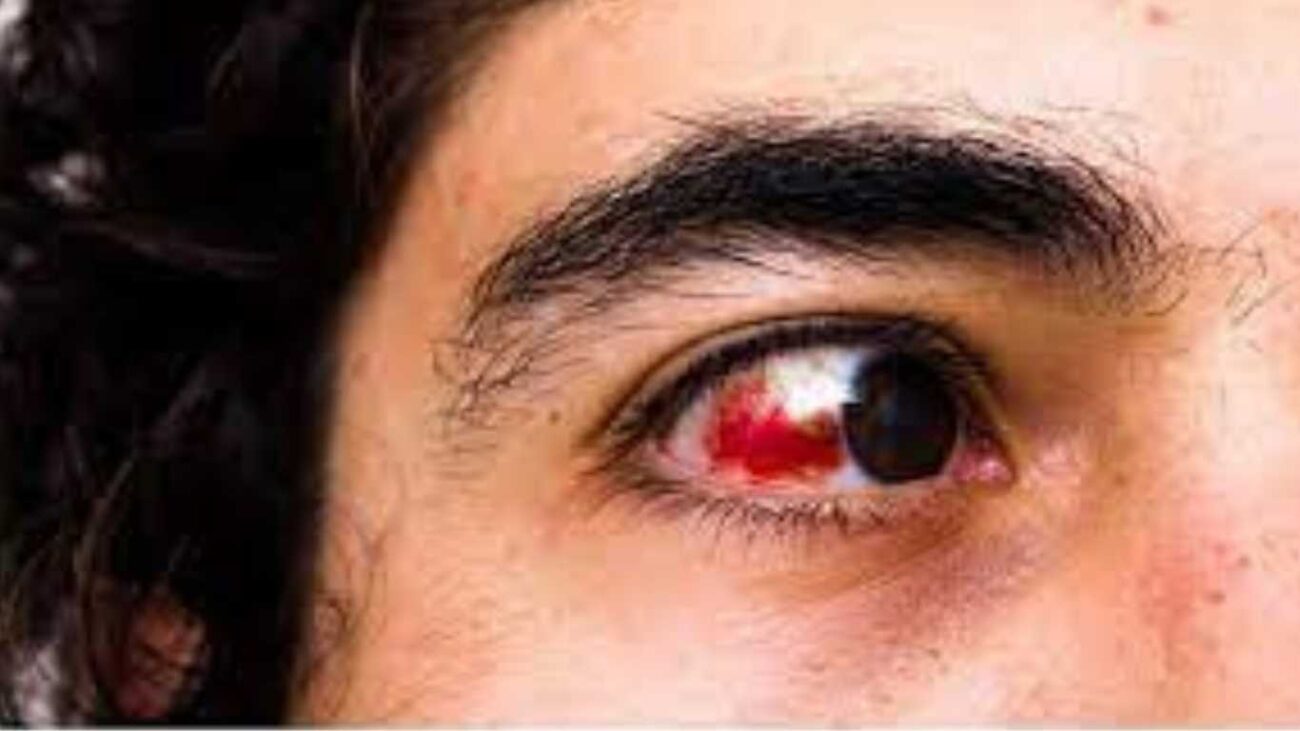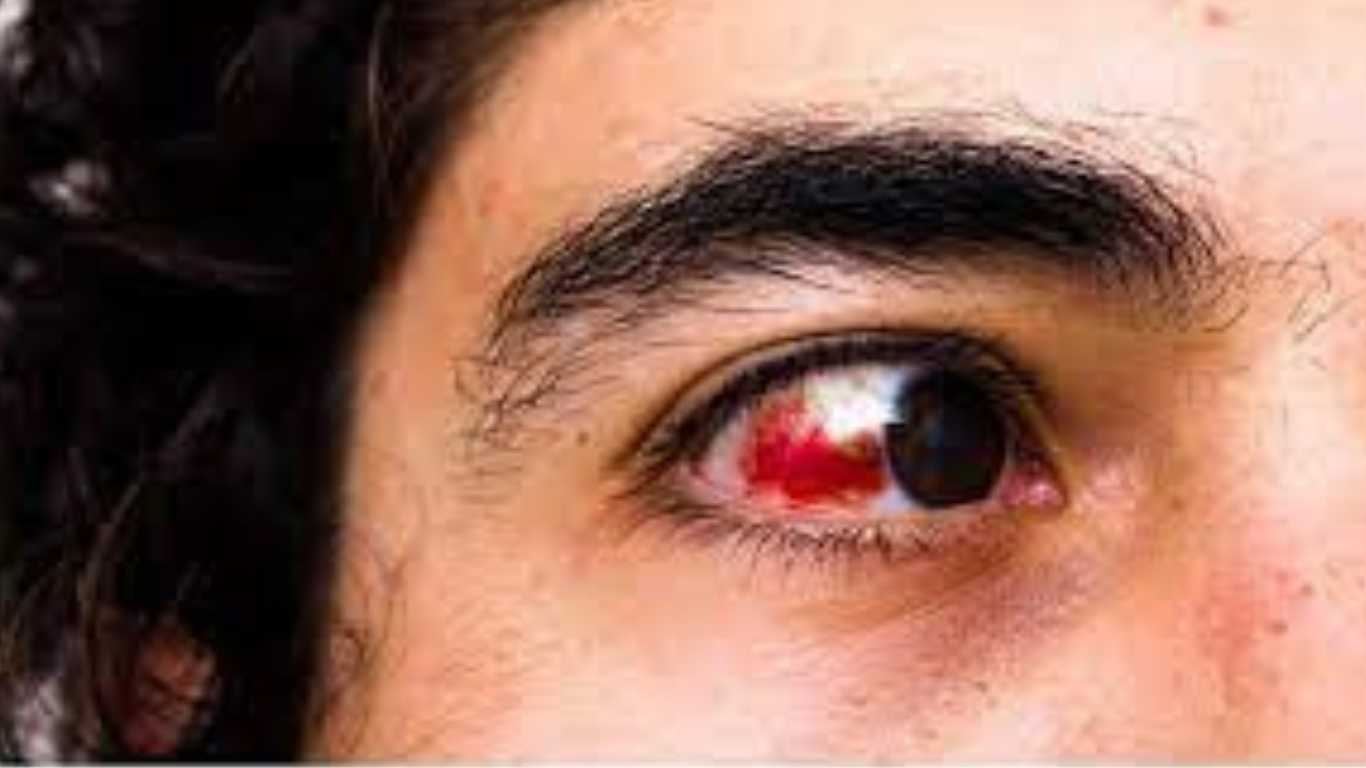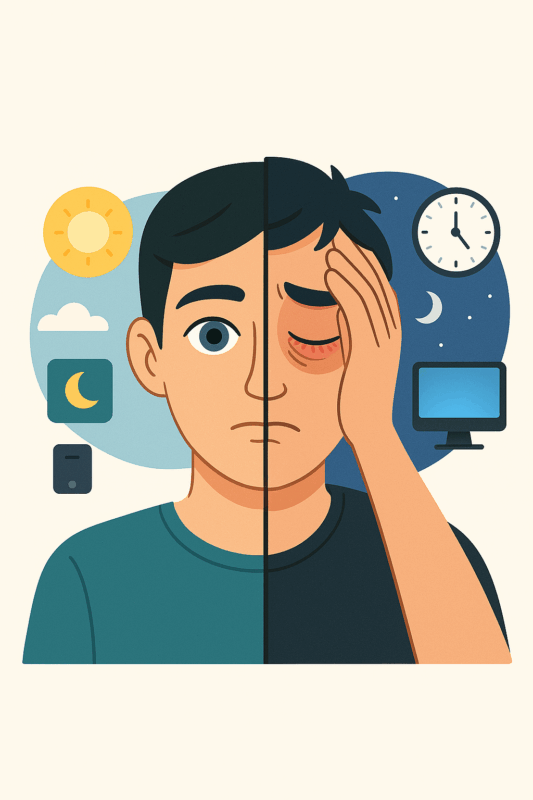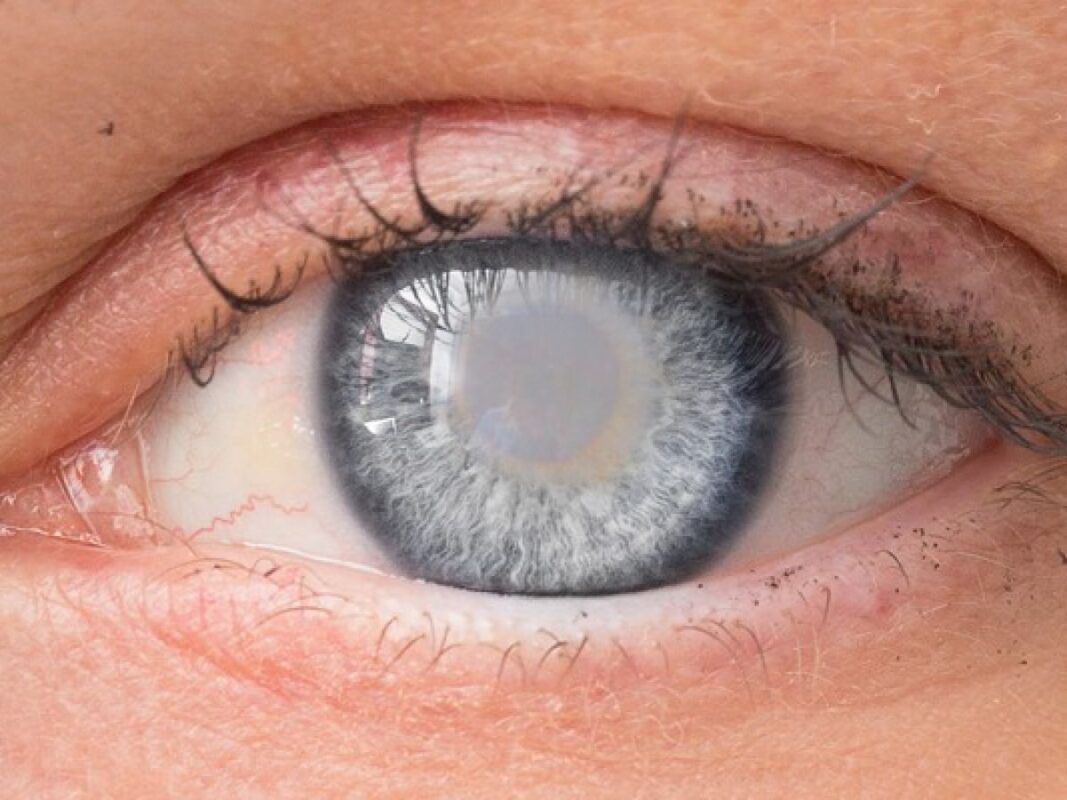Introduction:
In our fast-paced lives, it’s not uncommon to experience occasional discomfort or changes in our health. One such concern that many people face is bloodshot eyes. This condition can be quite perplexing, but worry not; we’re here to shed light on this topic and explore its causes, symptoms, treatment options, and more. So, let’s dive into the world of Red eyes.
What Are Bloodshot Eyes?
Bloodshot eyes, also known as red eyes, occur when the blood vessels on the surface of the eye (sclera) become dilated or enlarged, giving the eyes a reddish appearance. This condition can affect one or both eyes and may be accompanied by various discomforts.

Common Causes of Bloodshot Eyes:
1. Eye Irritation:
Certainly, let’s enhance the flow of the text. One of the most common reasons for red eyes is eye irritation. This can occur due to various factors, including dust, pollen, smoke, or foreign objects, which can lead to irritation, causing the blood vessels to expand.
2. Allergies:
Here’s the improved sentence: Allergic reactions to pollen, pet dander, or certain foods can trigger red eyes. Furthermore, they often accompany other symptoms such as itching and tearing.
3. Dry Eyes:
Certainly, here’s the revised sentence with transition words: “Insufficient tear production can lead to dry eyes, consequently causing the eyes to become red and irritated. Moreover, environmental factors like wind and low humidity can exacerbate this condition.
4. Conjunctivitis (Pink Eye):
Certainly, here’s the improved sentence: Conjunctivitis, often referred to as pink eye, is a contagious eye infection that can make the white part of the eye appear red or pink. Furthermore, it may be caused by bacteria, viruses, or allergies.
Serious underlying causes bloodshot eyes:
While most cases of bloodshot eyes are harmless, some may be indicative of underlying medical conditions:
1. Subconjunctival Hemorrhage:
This occurs when a small blood vessel in the eye bursts, leading to a bright red patch on the white of the eye. It may be a result of high blood pressure or eye trauma.
2. Glaucoma:
Certainly, let’s enhance the sentence with transition words: “In some cases, bloodshot eyes may be a sign of glaucoma. Consequently, glaucoma is an eye condition that can lead to vision loss if left untreated.
Managing bloodshot eyes:
1. Eye Drops:
Over-the-counter lubricating eye drops can provide relief from mild cases of bloodshot eyes caused by dryness or irritation.
2. Allergy medications:
For allergy-induced red eyes, antihistamine eye drops or oral allergy medications can be effective in reducing symptoms.
3. Rest and Hydration:
Getting adequate sleep and staying hydrated can help prevent and alleviate the symptoms of bloodshot eyes.
4. Medical Attention:
If you suspect a more serious underlying cause, such as glaucoma or an eye injury, it’s crucial to seek immediate medical attention.
Conclusion:
In conclusion, bloodshot eyes may be a common occurrence, but they can also serve as a red flag for underlying health issues. It’s essential to pay attention to the context and accompanying symptoms to determine the cause. While many cases can be managed with simple remedies, it’s crucial not to ignore persistent or severe symptoms.
Author Details:
Dr. Sushruth Appajigowda holds a prominent position as a cornea, cataract, glaucoma, and LASIK surgeon in Bangalore. He serves as the chief cataract and refractive surgeon at Vijaya Nethralaya Eye Hospital, Nagarbhavi, Bangalore. Renowned as one of the finest LASIK surgeons nationwide, he brings with him over 12+ years of experience across multiple LASIK platforms, including ZEISS, ALCON, SCHWIND, AMO, and Bausch and Lomb. Having successfully conducted over 5000 LASIK procedures, Dr. Sushruth holds the title of a Certified Refractive Surgeon and a Fellow of the All India Collegium of Ophthalmology. Furthermore, he stands as a distinguished speaker at various national and international forums, using his expertise to guide you in selecting the most suitable procedure based on your health requirements.

http://vijayanethralaya.com/link-in-bio/
FAQs About Bloodshot Eyes:
1. Are bloodshot eyes always a sign of a health problem?
Not necessarily. Bloodshot eyes can be caused by various factors, including irritation and allergies. However, if the redness persists or is accompanied by severe pain, it’s advisable to consult a healthcare professional.
2. Can I use over-the-counter eye drops for bloodshot eyes?
Certainly, when it comes to managing bloodshot eyes, over-the-counter lubricating eye drops can be quite effective. However, it’s essential to note that, in order to make the most of their benefits, you should be sure to follow the product’s instructions diligently.
3. Is pink eye contagious?
Yes, pink eye (conjunctivitis) can be contagious, depending on its cause. It’s essential to take precautions to prevent its spread, such as practicing good hygiene and avoiding close contact with others.
4. What should I do if I suspect glaucoma?
In the event that you experience symptoms like sudden vision changes, severe eye pain, or a combination of symptoms alongside bloodshot eyes, it is imperative to seek immediate medical attention. Transitioning to the next point, it’s crucial to understand that glaucoma can lead to vision loss if not treated promptly.
5. Can stress cause bloodshot eyes?
Indeed, stress can contribute to bloodshot eyes. Furthermore, stress can lead to changes in blood pressure and eye strain, both of which may result in redness of the eyes. To address this issue, it’s essential to understand that managing stress through relaxation techniques can significantly help alleviate this symptom.












